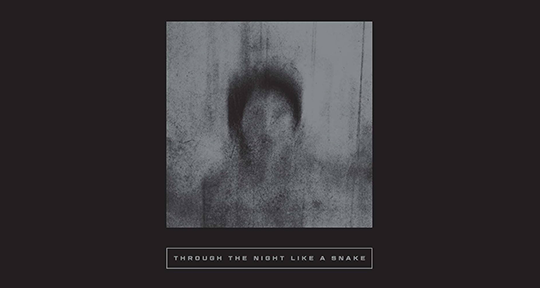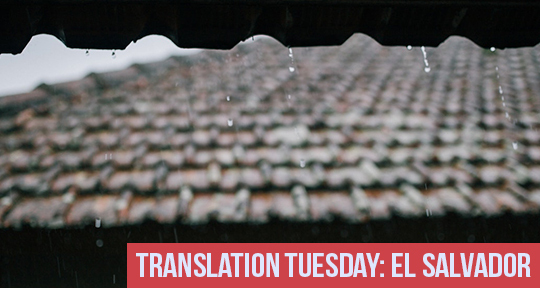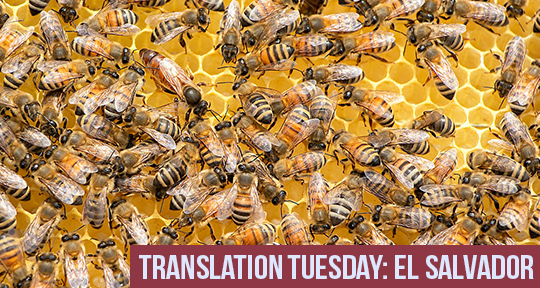This week, our editors-at-large fill us in on literary controversies, new releases, and returning festivals. From a conflict over a literary prize in Bulgaria to new short story collections from Asymptote alums, read on to find out more!
Andriana Hamas, Editor-at-Large, Reporting from Bulgaria
In July, I reported on the then unfolding conflict surrounding the proclaimed winner of the Novel of the Year award, given by the endowment fund 13 Centuries Bulgaria. It had turned out that Boris Minkov, the editor of the book (Вулкан or “Volcano” by Elena Alexieva), had also been a member of the jury, a fact that seemingly everyone had overlooked. The heated debates surrounding the legitimacy of the final choice led to Alexieva giving up her prize and the annulment of the decision.
In a recent development, Manol Peykov, managing partner at Janet 45, Вулкан’s publishing house, announced he would be withdrawing all nominated Janet 45 books from the competition as a way of making a statement against the way the above-mentioned crisis was resolved. The formal written withdrawal, which he shared on his personal Facebook profile, described the manner of dealing with the situation as “unacceptable, unprofessional, unethical and unfair.” The document questioned an existing legal ambiguity in the contest’s terminology: “No less worrying is the fact that neither [the organizers’] statements nor the published rules of the competition make it clear exactly what the definition of ‘conflict of interest’ is. Is it a conflict of interest for a member of the jury to have been or currently be published by one of the participating publishers? Or be close friends (or even bitter enemies) with any of the nominees? Or to have very recently received an unequivocal rejection from one of the other participating publishers?”
An official reply has yet to be issued. READ MORE…







Compass and Rifle: On Roque Dalton’s Stories and Poems of a Class Struggle
No one escapes Dalton’s inquisitive pen . . .
Stories and Poems of a Class Struggle by Roque Dalton, translated from the Spanish by Jack Hirschman, Seven Stories Press, 2023
On Thursday, July 6, 2023, the inaugural day of Guatemala’s International Book Fair (FILGUA), the government of El Salvador requested organizers to exclude Salvadoran author Michelle Recinos’ Sustancia de hígado (F&G Editores) from the fair. The next day, online news outlet elfaro revealed that El Salvador’s ambassador in Guatemala had said, “It would’ve been an unpleasant thing for the government of El Salvador if this book had been a part of the fair.” Details are scarce, but presumably, this action was related to Michelle’s story Barberos en huelga, winner of the 2022 Mario Monteforte Toledo Prize, which openly criticizes sitting president Nayib Bukele’s war on gangs.
Hearing this, I can only imagine what Roque Dalton would have written about Bukele.
Roque Dalton’s Historias y poemas de una lucha de clases (Stories and Poems of a Class Struggle) dates back to 1975, and remains as timely as ever. In a time when most Central American countries are under authoritarian regimes and have experienced backslides of democracy, the life and work of Roque Dalton is at once a beacon of hope, an inspiration, and a warning sign. Historias y poemas de una lucha de clases is a book filled with courageous testimony, the poet’s typical dry humor, and bone-chilling depictions of state violence. Here, Dalton is hyperaware of the pain and plight of his compatriots, but in addition to his typical grittiness and social critique, we also find tenderness, softness, beauty, and frailty; Dalton’s acute perception is both a rifle and a compass, manifesting in words of both rebuke and encouragement.
READ MORE…
Contributor:- José García Escobar
; Language: - Spanish
; Place: - El Salvador
; Writers: - Alaíde Foppa
, - Carlos Fonseca
, - Ernesto Cardenal
, - Jack Hirschman
, - Jaime Barba
, - Julio Delfos Marín
, - Luis de Lión
, - Luis Melgar Brizuela
, - Margaret Randall
, - Michelle Recinos
, - Otto René Castillo
, - Roque Dalton
; Tags: - authoritarianism
, - Central American literature
, - class struggle
, - elfaro
, - F&G Editores
, - fascism
, - FILGUA
, - Mario Monteforte Toledo Prize
, - Salvadoran literature
, - Salvadoran poetry
, - Seven Stories Press
, - social commentary
, - social critique
, - state violence